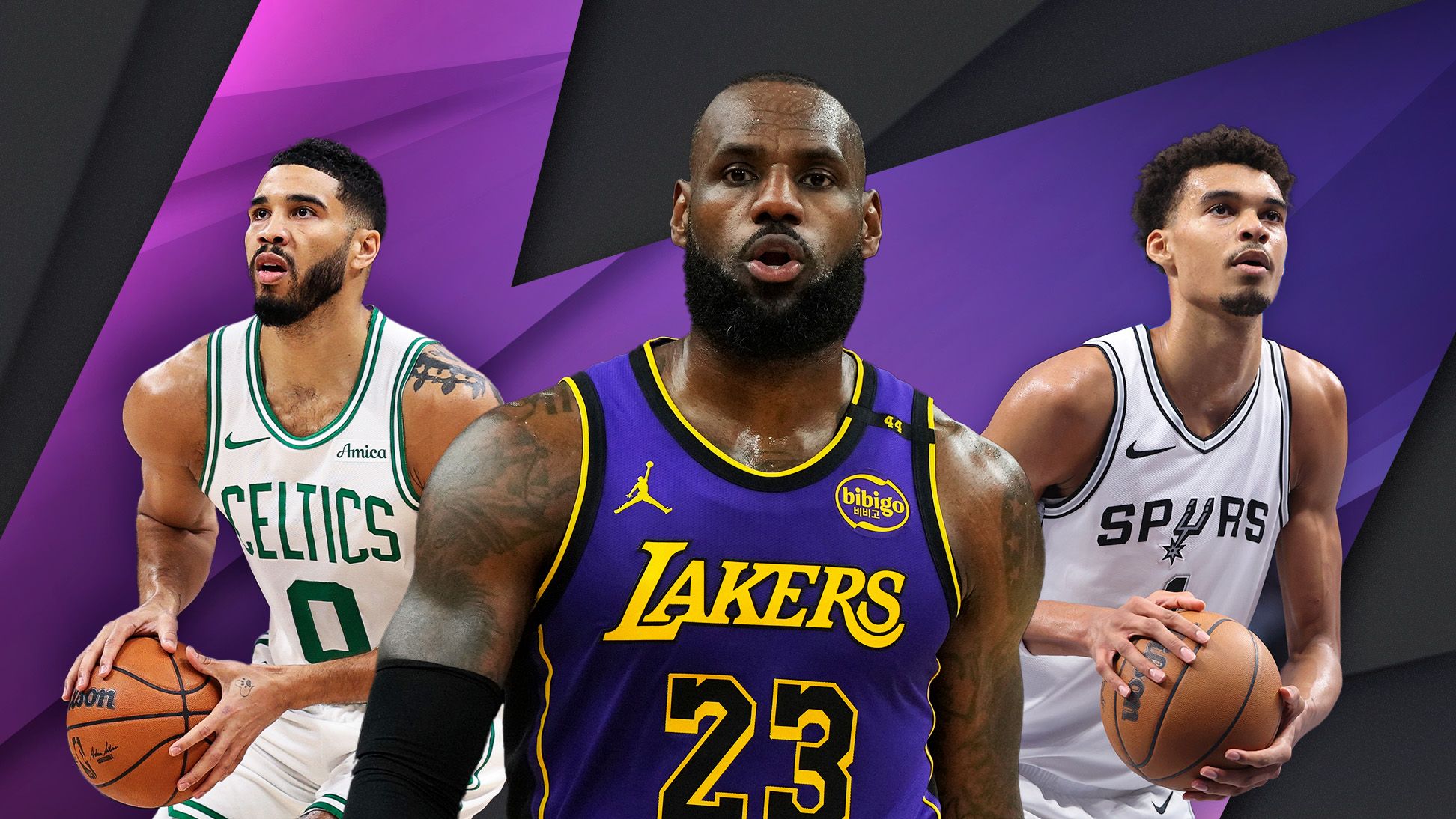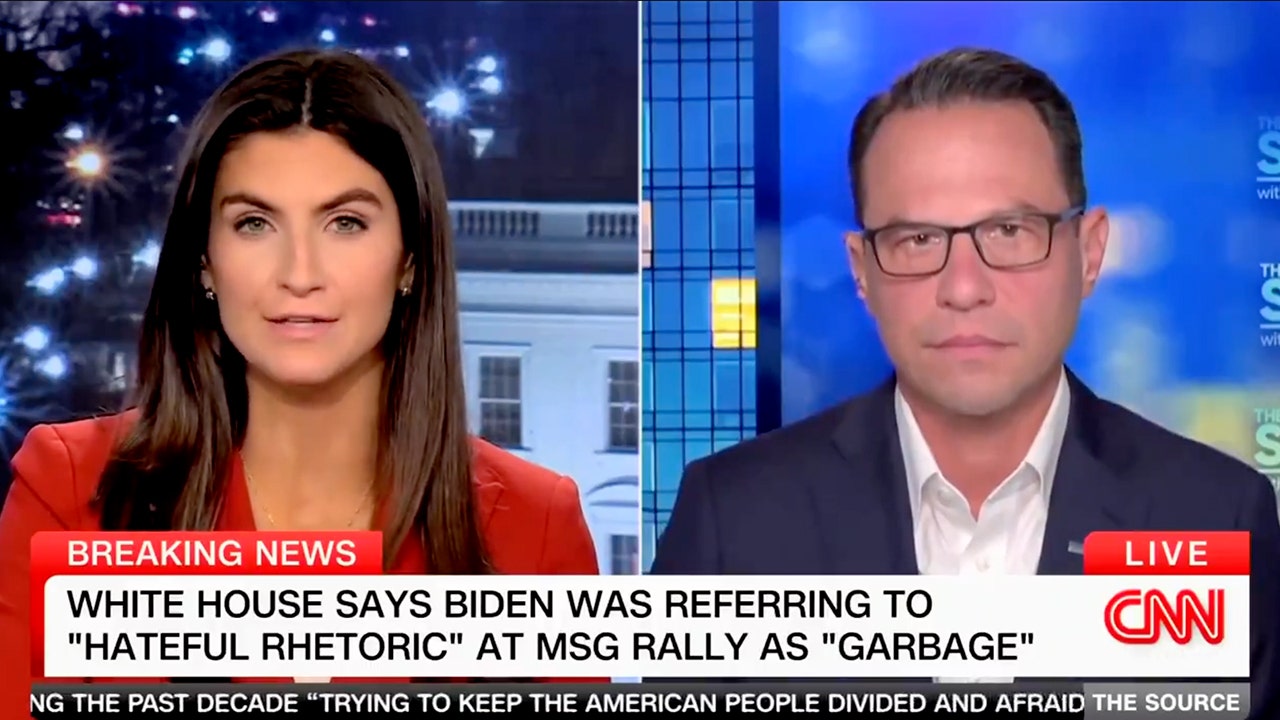Eli Lilly (LLY) missed Wall Street's revenue expectations in third quarter earnings released Wednesday morning, sending shares down as much as 10% in premarket trading. The drugmaker also slashed its profit guidance and the high end of its revenue outlook for the year.
The company reported revenue of $11.4 billion, falling short of Wall Street estimates of $12.17 billion. Still, that represented a 20% increase year over year. Profit also came in short at $970.3 billion.
Its blockbuster weight-loss drug Zepbound and diabetes drug Mounjaro were bright spots, as the GLP-1 portfolio remains a focal point of the company's earnings story. But revenue from Zepbound missed analyst estimates of $1.7 billion, with Lilly reporting nearly $1.3 billion.
Eli Lilly said US sales of the two drugs were "negatively impacted by inventory decreases in the wholesaler channel."
Mizuho's healthcare expert Jared Holz wrote in a note to clients Tuesday that sales for Zepbound would beat while diabetes drug Mounjaro could slightly miss estimates of $3.8 billion as more patients turn to Zepbound for its higher-dosage weight-loss benefit.
And that tracks what investors are watching, Holz said.
"Some have asserted that the stock and group have peaked," he wrote. "Given the complexities around much of the Healthcare sector and difficulty establishing a simple thesis for the vast majority of names in Pharma/Biotech or otherwise, we think investors will remain very engaged in weight-loss names."
Lilly posted $4.3 billion in revenue last quarter from the two drugs. On Wednesday, the combined sales total was $4.4 billion, with Mounjaro reported at $3.1 billion.
Lilly's value as a large pharma company isn't only tied to the GLP-1 market. It is also developing an Alzheimer's drug candidate, which could compete with current market lead Leqembi from Biogen (BIIB) and Eisai.
A recent study showed that with lower starting doses, the potential for brain swelling could decrease. That has been one of the concerning side effects of all Alzheimer's drugs, including Lilly's Kisunla, which is now in late-stage trials.
But the sheer potential market for obesity has made Lilly's stock soar in recent years and has put the company on course to potentially become the first trillion-dollar healthcare company. The stock is up more than 50% so far in 2024.
It's why the company has worked hard to end the shortage of its drugs, known by the key ingredient tirzepatide — though the FDA is now considering putting its weight-loss drugs back on the shortage list. In addition, Lilly launched a direct-to-consumer platform that would allow cash-paying patients to access vials of the drug, rather than auto-injector pens, at a discounted rate.
.png)
 German (DE)
German (DE)  English (US)
English (US)  Spanish (ES)
Spanish (ES)  French (FR)
French (FR)  Hindi (IN)
Hindi (IN)  Italian (IT)
Italian (IT)  Russian (RU)
Russian (RU) 







Comments